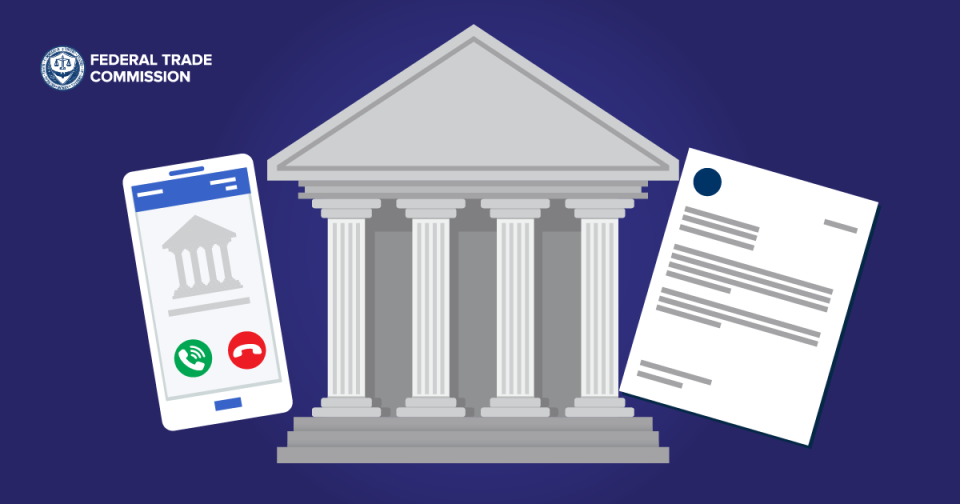Scammers impersonating the government — including the Federal Trade Commission (FTC) — is nothing new. But here’s a twist: scammers are now calling themselves FTC “agents” and supplying fake badge numbers and ID cards to try to convince you they are who they say they are. (…They’re not who they say they are. The FTC doesn’t have “agents.”) So how do you avoid scams like this?
These scams often start with someone reaching out about a supposed urgent problem. Maybe it’s a computer pop up saying you have a virus and to call tech support. Or a caller claiming to be Amazon or your bank insisting there’s something wrong with your account. They might say your identity’s been stolen, or that your money’s in danger.
What happens next? They transfer you to an “FTC agent” (fake) to supposedly help resolve the issue. That person may share “proof” they’re from the FTC, like a picture of a (fake) ID with a (fake) badge number. Their goal? To convince you to transfer money out of your account and give it to them.
Steer clear of FTC impersonators:
- Never transfer or send money to anyone, no matter who they say they are, in response to an unexpected call or message — even if they claim you’re just moving your money to “protect it.” In fact, nobody from the FTC will ever (1) reach out to ask you to move money, or (2) connect you to someone who says to move money. That’s a scam.
- If you’re worried there’s a problem with your account or identity, stop and check it out. Call your real bank, broker, or investment advisor. Use the number you find on your statement — never the number the caller gave you, which will take you to the scammer.
- If you get a call or message like this, tell your bank or investment fund right away. Especially if you moved money or shared a verification code. Then tell the FTC: ReportFraud.ftc.gov.
Learn more about how to avoid impersonator scams.

